China and the United States should strengthen economic and trade cooperation, thereby promoting upgrades and transformation of their own economies as well as safeguarding the stability of the world economy to address challenges and pursue development, experts said.
They also said the containment and suppression policy the U.S. has been pushing on China, especially those in high-tech areas like semiconductors, will cause great damage to global industrial and supply chains, while China has multiple means to protect itself and safeguard core interests of its enterprises and people.
Their comments came as the two countries have showed stronger desire to communicate and manage differences, amid intensified top-level visits and talks recently.
Chinese Vice-Premier He Lifeng and U.S. Treasury Secretary Janet Yellen, who are the two countries' respective lead persons in their economic and trade affairs, held multiple rounds of talks in Guangzhou, Guangdong province from Friday to Saturday.
Focusing on the implementation of the significant consensus reached between the leaders of the two countries, they had in-depth, candid, pragmatic and constructive exchanges on the macroeconomic situations of the two countries and the world, China-U.S. economic relations, and global challenges.
The two sides agreed to discuss issues such as balanced growth of the U.S. and Chinese economies as well as the global economy, financial stability, sustainable finance and anti-money laundering cooperation under the framework of the China-U.S. economic and financial working groups.
Zhang Monan, deputy director of the Institute of American and European Studies at the China Center for International Economic Exchanges, said that the U.S. has pursued a policy of containment and suppression of China as a strategic competitor in recent years. Yet bilateral economic and trade ties are deeply integrated, and even if the U.S. intends to reduce its dependence on China, the connections cannot be severed.
"Most industries in the U.S. this year are poised to enter a restocking cycle and import demand for consumer electronics, furniture, building materials, food, agricultural products, textiles, clothing and other commodities are expected to expand," Zhang said.
"At the same time, China's strategy of expanding domestic demand and advancing high-level opening-up will further unleash the potential of its ultra large market, which will help strengthen its economic and trade ties with the U.S.."
During the talks between He and Yellen, the Chinese side expressed serious concerns about the U.S. trade and economic restrictions against China and fully responded to the production capacity issue.
Reuters also reported on Friday that the U.S. plans to press the Netherlands to stop its top chipmaking equipment maker ASML from servicing some tools in China.
The move is seen as U.S. tightening restrictions on chip exports to China.
Lin Shen, an associate research fellow with the Institute of World Economics and Politics of the Chinese Academy of Social Sciences, warned that such moves will disrupt global supply chains, obstruct technological development, increase market uncertainties and escalate international trade frictions.
At the same time, China can take countermeasures ranging from restricting technology exports to promoting sci-tech innovations and increasing self-reliance in the semiconductor industry, to offset potential impact, he said.
For instance, Lin said China can prohibit or limit the export of technologies for processing and refining rare earth materials, as well as alloy technologies for extracting high-performance magnets from rare earths.
According to Zhang, the top priority for the two countries to improve economic and trade ties is to repeal the extra U.S. tariffs imposed on Chinese goods.
Lin said that strengthening economic cooperation between China and the U.S. will not only bring mutual economic benefits to both countries but also provide important support for the stability and development of the global economy.
"The economies of China and the U.S. are notably complementary. Cooperation between the two sides can facilitate technology exchange, market expansion, and the enhancement of industrial and supply chains, thereby enhancing economic efficiency," Lin said.
If the two countries work together to reduce trade barriers, improve the circulation of goods and services, and promote two-way investment, there will be more business opportunities for companies and an increase in employment and consumer choices for the people of both countries, improving their living standards, he said.
Besides, the world's two largest economies have a responsibility to jointly address global challenges in areas such as climate change, public health and cybersecurity, he added.
Such sentiments are widely shared by many U.S. enterprises.
Henry Ding, senior vice-president of the U.S. industrial conglomerate 3M and president of 3M China, said that China is the largest oversea market for 3M, and the company is committed to the Chinese market, as it sees great potential in contributing to and benefiting from China's high-quality development trajectory.
The company will put a new converting center into use in Shanghai within this year, following the official launch of the China Adhesive Prototyping Center at the Shanghai Jinshan plant in 2022.
Liu Jie, president for China of Carestream Health Inc, a U.S.-based medical equipment manufacturer, said that it will localize the production of a variety of items in China this year to secure a larger market share, aiming to bolster the company's domestic innovation and manufacturing capabilities in high-end medical devices.
"As China has been actively promoting the expansion and equitable distribution of high-quality medical resources to address regional disparities in healthcare access, the demand for imaging services in this market continues to grow, and so does the need for advanced imaging equipment in medical institutions. This has raised the bar for technological innovation in imaging equipment," Liu said.








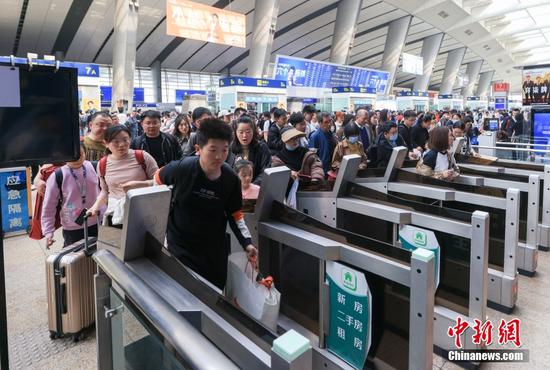




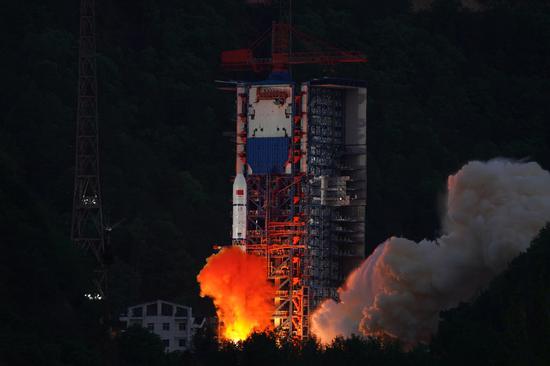

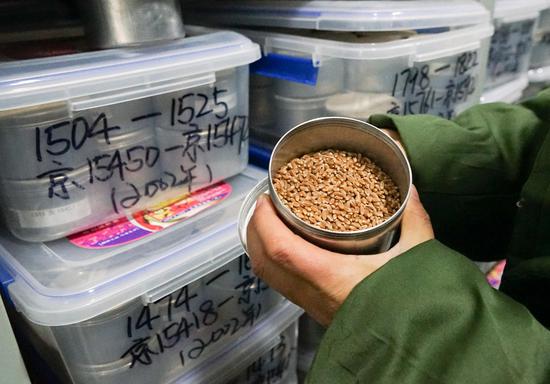
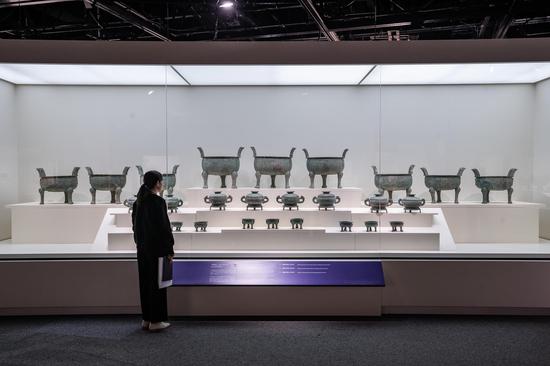





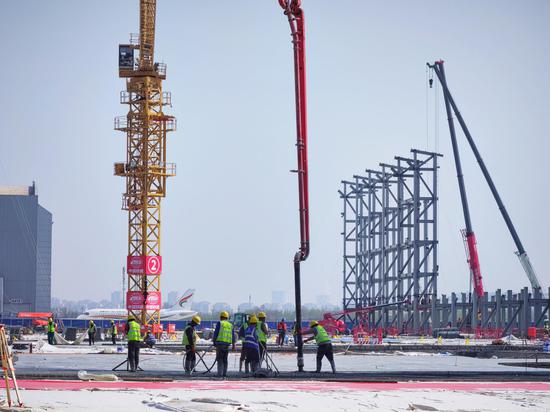



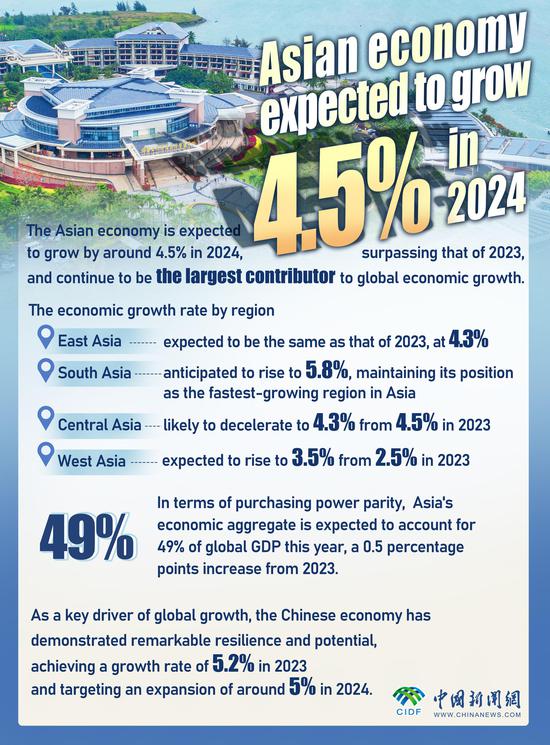

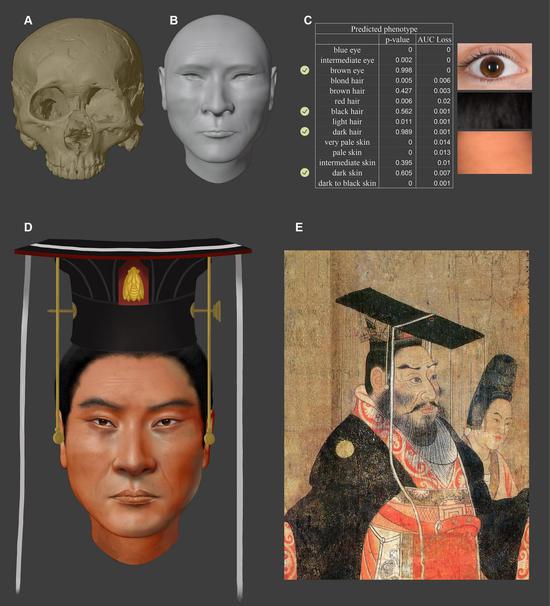



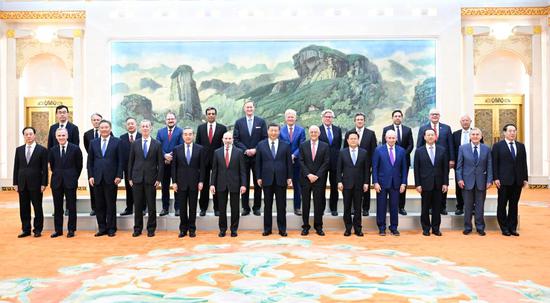

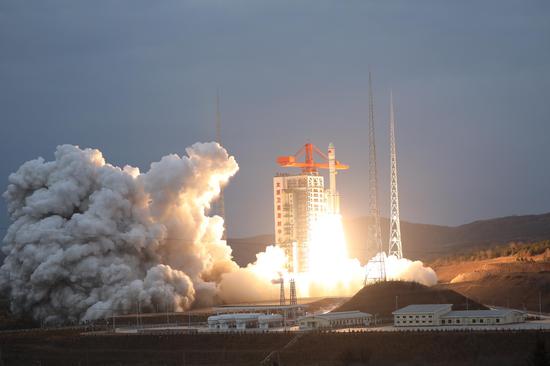

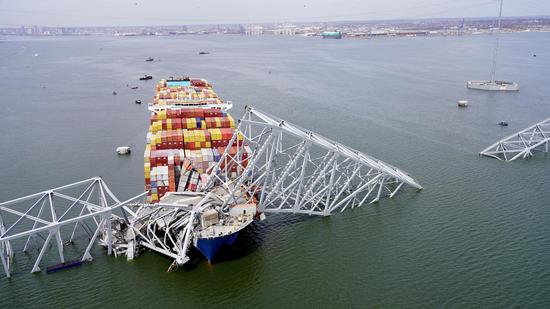


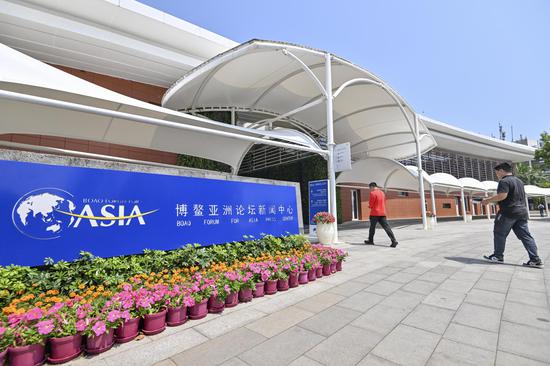
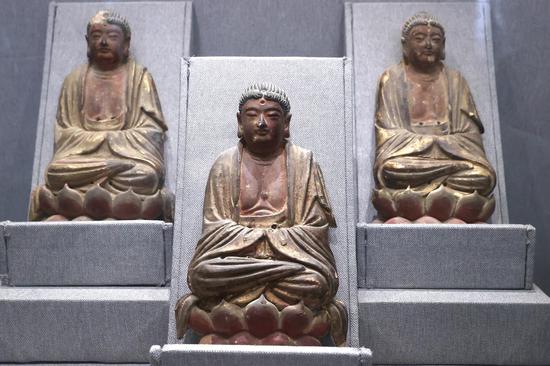

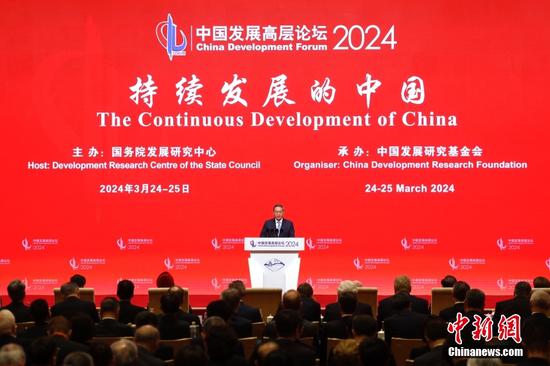



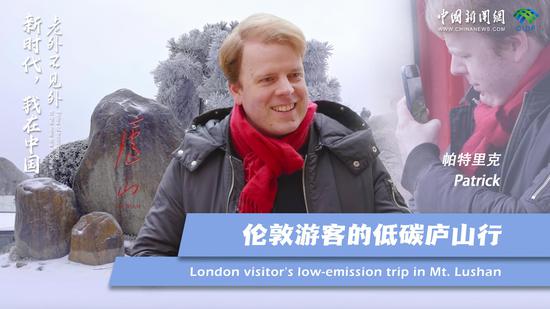



 京公网安备 11010202009201号
京公网安备 11010202009201号